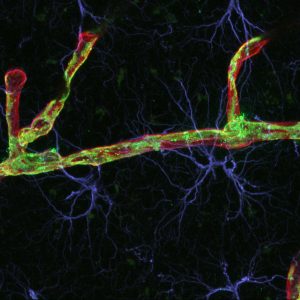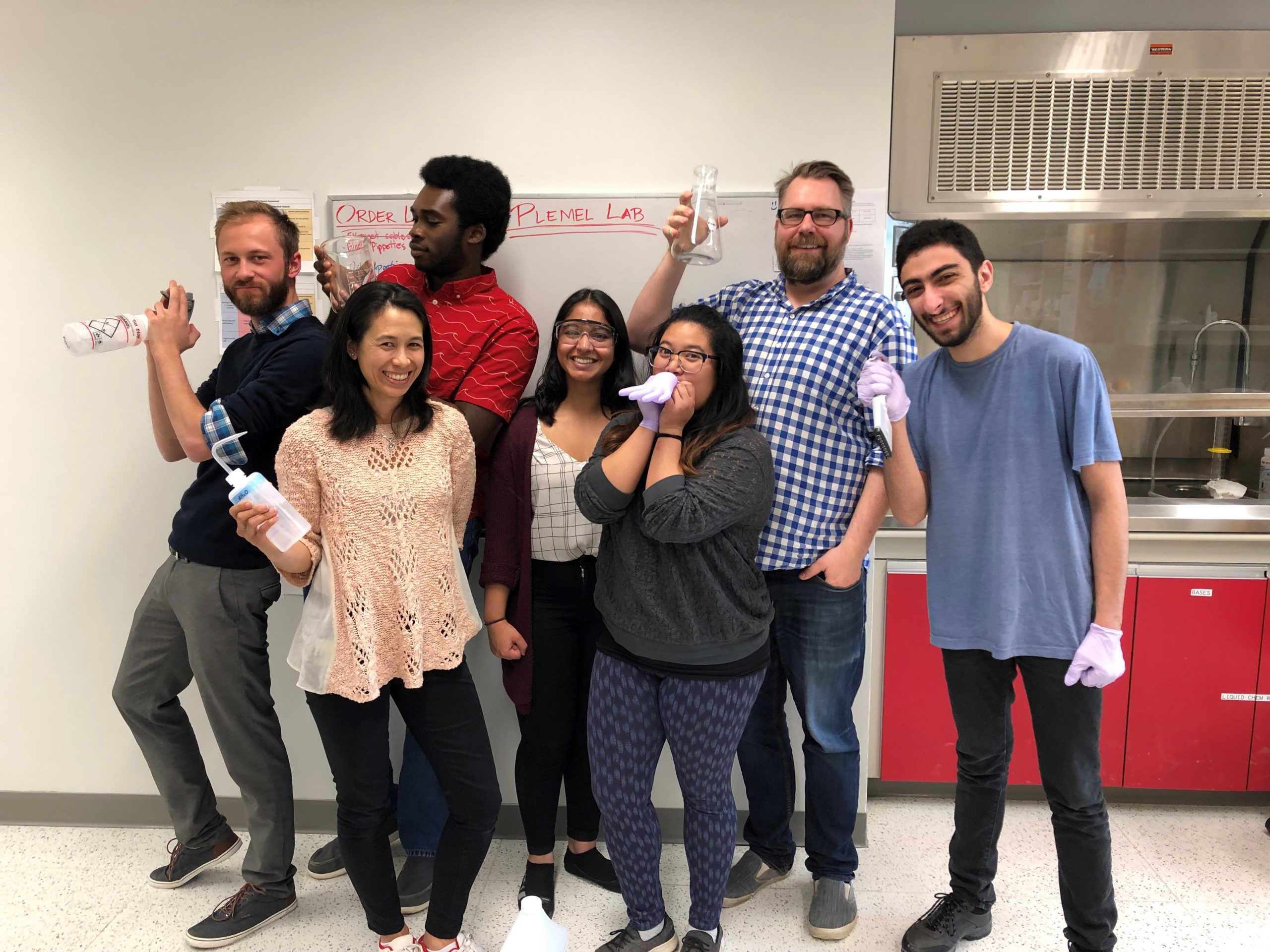Early-career. What does it mean? For brain research, it is researchers within three to five years of their first academic appointment that are in a strong position to formulate innovative research projects. It is championing innovation and originality, potential for impact, and excellence. In short, it is the next generation of leaders. It is the future of brain research in Canada.
The Early-Career Capacity Building Grants program, in collaboration with the Azrieli Foundation and supported by the Canada Brain Research Fund, cements this belief into action. The program had an overall envelope of $1,000,000 to support 10 projects that last two years each, for a total of $100,000 per project.
“Brain Canada has always believed in the importance of supporting the next generation of researchers. With this new grant program we are helping ensure that Canada has a robust pipeline of talent, and remains at the forefront in the field of brain research,” said Inez Jabalpurwala, President and CEO of Brain Canada.
The goal is to reduce the social and economic burden of neurological and mental health problems by prevention, early diagnosis, and treatment. The program provides an opportunity to develop new lines of research on the mechanisms of the brain and nervous system, in the context of early-career. It also encourages early-career investigators to build on existing platforms and data repositories to create new research programs.

Most important, the Early-Career Capacity Building Grant has the potential to be transformative at a time when there is a funding gap to support and retain the brightest Canadian investigators.
Jillian Stobart based at the University of Manitoba is one of the 10 recipients of the Early-Career Capacity Building Grant. “As a new independent investigator, this funding will help me to establish my research program. I now have the freedom to ask big questions that could potentially redefine our views of the brain.’’ A freedom that positively impacts brain research. “My work will show the role pericytes cells have in regulating blood flow to ensure that the brain receives the energy and oxygen that it needs. Ultimately, knowledge in this area could be applied to a number of different brain disorders, such as stroke and Alzheimer’s disease, where pericytes are potentially the missing link.’’

For fellow recipient Jason Plemel based at the University of Alberta, who focuses on whether the brain’s own immune cells can make multiple sclerosis (MS) worse, the benefits of the Grant are clear: “They allow me to create another research focus in my laboratory. Funding is tough and with this grant I address something that has puzzled me for years, why would the immune system hurt the brain, when its jobs is to help the brain. Microglia are the immune cell of the brain and spinal cord, and despite decades of research it is still unclear why they are at times beneficial and at times detrimental. We are investigating the role of microglia in a model of MS where we think they are exacerbating damage and contributing to white matter injury.”
Early-career researchers, such as Jillian and Jason, have the energy and imagination to bring new thinking and new approaches to our understanding of the brain. By providing early-career researchers with funding at a critical point in their careers, we can ensure that they are given every opportunity to succeed. That is why Brain Canada is committed to the Early-Career Capacity Building Grants program. In the year ahead, we will be expanding this program under a new name, Future Leaders in Canadian Brain Research. We have a goal of raising $15 million to fund 115 grants over seven years through regular competitions.
“We are committed to investigators who are in the early stages of their careers, as they are in a unique position to advance innovative research projects. They often have difficulty securing their first grant through traditional funding, yet they bring a high risk/high reward approach, and that is something we want to encourage and support,” said Naomi Azrieli, Chair of Brain Canada.
